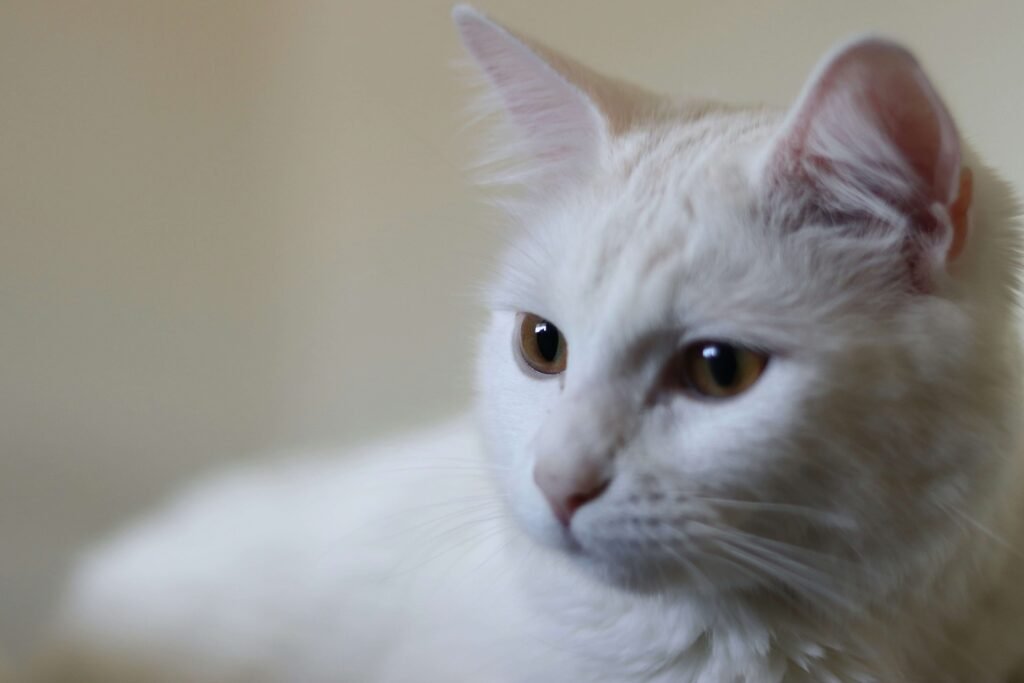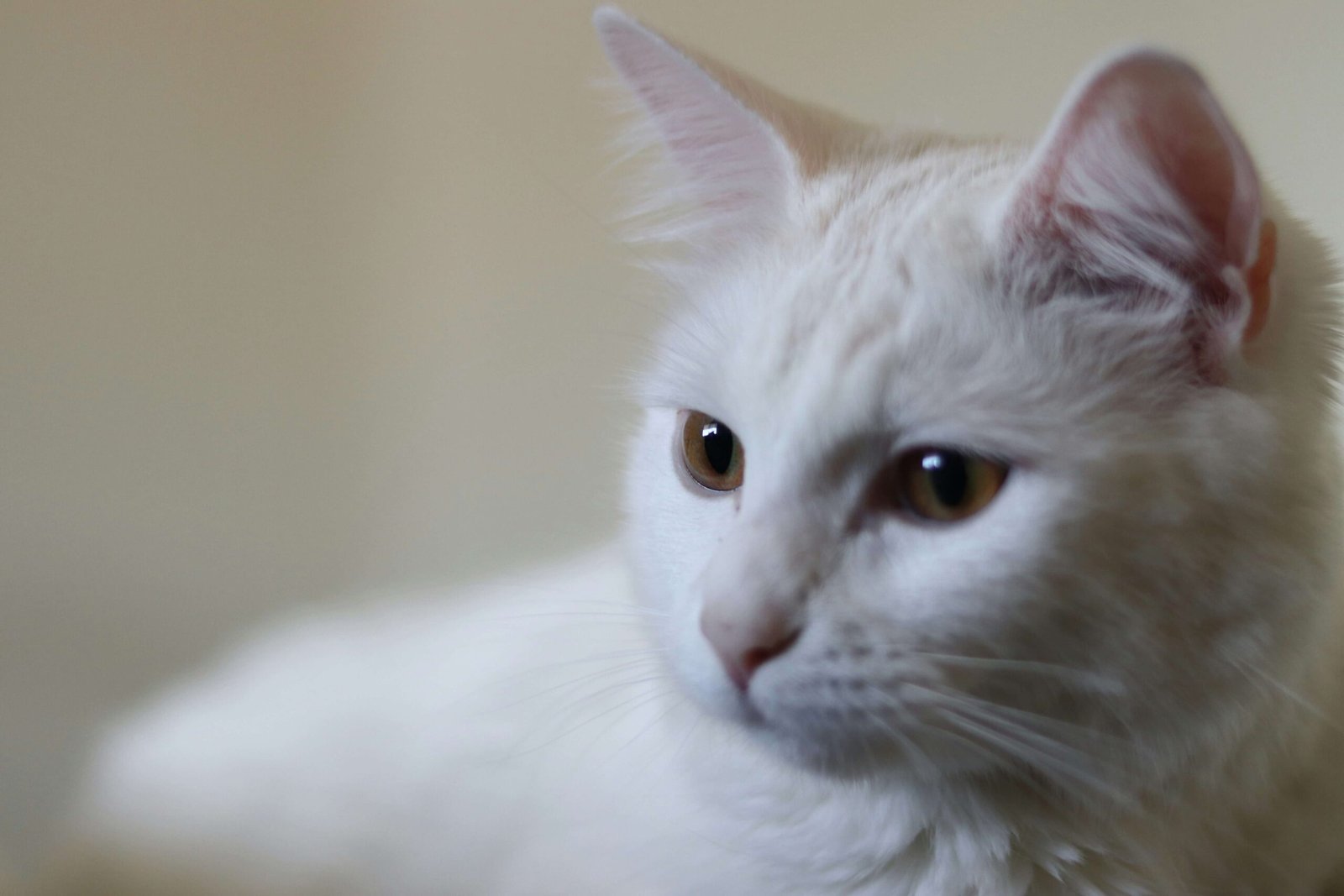Cat Food for Constipation: Keeping Your Feline Friend Regular and Happy
Constipation in cats can be a frustrating and uncomfortable issue for both pets and their owners. While occasional constipation is common, chronic or severe cases may indicate underlying health concerns. One of the simplest and most effective ways to address this issue is through diet. Choosing the right cat food for constipation can make a significant difference in your feline’s digestive health. In this blog post, we’ll explore the best foods, dietary tips, and strategies to help your cat stay regular and comfortable. Whether you’re looking for natural remedies or vet-approved solutions, this guide will provide everything you need to support your cat’s digestive system.
Top Foods to Relieve Constipation in Cats
When it comes to managing constipation, certain foods can naturally promote healthy digestion and bowel movements in cats. Here are some of the best options to consider:
Canned Wet Cat Food
Wet food contains higher moisture levels than dry kibble, helping to soften stool and encourage regularity.Pumpkin Puree
Plain, unsweetened pumpkin puree is rich in fiber and can aid digestion without upsetting your cat’s stomach.High-Fiber Kibble
Some specially formulated dry cat foods include added fiber to support digestive health and prevent constipation.Chicken or Turkey Baby Food
Unseasoned baby food made from chicken or turkey can be an easily digestible treat that stimulates the digestive tract.Bone Broth
Warm bone broth not only hydrates but also provides essential nutrients that can soothe the digestive system.
Incorporating these foods into your cat’s diet can help alleviate constipation and improve overall digestive health.
Key Ingredients to Look for in Cat Food for Constipation
Choosing the right ingredients is crucial when selecting cat food to address constipation. Here are some beneficial components to prioritize:
Soluble Fiber
Ingredients like psyllium husk or guar gum help absorb water and soften stool, making it easier to pass.Moisture-Rich Ingredients
Foods with high water content, such as wet or semi-moist formulas, keep your cat hydrated and prevent dry stools.Lean Proteins
High-quality proteins like chicken, turkey, or salmon provide essential nutrients without overloading the digestive system.Probiotics
Probiotic-rich foods or supplements can promote a healthy gut microbiome, aiding digestion and nutrient absorption.Natural Oils
Ingredients like fish oil or flaxseed oil can lubricate the digestive tract and reduce the risk of blockages.
By focusing on these key ingredients, you can ensure your cat’s diet supports optimal digestive function and minimizes constipation.
Check this guide 👉Understanding Cat Constipation: Best 7 Health Tips!
Check this guide 👉Turkey Cat Food: Top 4 Best Picks for a Healthy, Happy Cat!
Check this guide 👉Top 4 Best Sensitive Cat Foods for Ultimate Relief!

Best Foods for Constipation | Ingredients to Avoid |
|---|---|
Canned wet cat food | Artificial preservatives |
Plain pumpkin puree | Excessive grains (corn, wheat) |
High-fiber kibble | Fillers like soy or by-products |
Bone broth | Dairy products |
Lean protein sources (chicken, fish) | Sugary or flavored treats |
Tips for Feeding Your Cat to Prevent Constipation
Preventing constipation is often easier than treating it. By adopting a few simple feeding practices, you can help maintain your cat’s digestive health. Here are some practical tips:
Provide Fresh Water Daily
Ensure your cat has access to clean, fresh water at all times to stay hydrated.Feed Small, Frequent Meals
Smaller meals spread throughout the day can aid digestion and prevent overeating.Introduce New Foods Gradually
Sudden dietary changes can upset your cat’s stomach, so transition slowly over 7-10 days.Encourage Exercise
Physical activity stimulates the digestive system and helps prevent constipation.Monitor Portion Sizes
Overfeeding can lead to obesity, which is a common cause of digestive issues in cats.
By following these tips, you can create a feeding routine that supports your cat’s digestive health and prevents constipation.
Signs Your Cat May Be Struggling with Constipation
It’s important to recognize the signs of constipation early so you can take action. Here are some common symptoms to watch for:
Infrequent Bowel Movements
If your cat hasn’t had a bowel movement in more than 24-48 hours, it could indicate constipation.Straining in the Litter Box
Excessive straining or vocalizing while using the litter box is a red flag.Hard, Dry Stools
Stools that are unusually hard or dry are a clear sign of dehydration or constipation.Vomiting
Cats may vomit if they are unable to pass stool, as their digestive system becomes backed up.Loss of Appetite
A sudden disinterest in food can be linked to discomfort caused by constipation.
If you notice any of these signs, it’s essential to address the issue promptly to prevent further complications.
Natural Remedies to Alleviate Constipation in Cats
In addition to dietary changes, natural remedies can provide gentle relief for constipated cats. These options are safe and effective when used appropriately. Here are some tried-and-true remedies:
Aloe Vera Gel (Pet-Safe)
A small amount of pet-safe aloe vera gel can help soothe the digestive tract and promote regularity.Slippery Elm Bark
This herbal supplement acts as a natural laxative and can be mixed into your cat’s food for digestive support.Coconut Oil
A teaspoon of coconut oil added to meals can lubricate the intestines and encourage smoother bowel movements.Probiotic Supplements
Probiotics restore the balance of good bacteria in the gut, improving digestion and stool consistency.Herbal Teas (Cooled)
Chamomile or dandelion tea, cooled and offered in small amounts, can calm the stomach and aid digestion.
These natural remedies can complement dietary adjustments and provide additional relief for constipated cats.
Common Causes of Constipation in Cats
Understanding the root causes of constipation is essential for addressing the issue effectively. Here are some common factors that may contribute to this condition:
Dehydration
Insufficient water intake can lead to dry, hard stools that are difficult to pass.Lack of Exercise
Sedentary cats may experience sluggish digestion, increasing the risk of constipation.Hairballs
Excessive grooming can result in hairballs blocking the digestive tract.Obesity
Overweight cats are more prone to digestive issues due to reduced physical activity and metabolic changes.Underlying Health Conditions
Conditions like megacolon, arthritis, or kidney disease can impair normal bowel function.
By identifying and addressing these causes, you can take proactive steps to prevent constipation and improve your cat’s overall health.
Signs Your Cat’s Diet May Need Adjustment
If your cat frequently experiences digestive issues, their diet might need a closer look. Here are signs that indicate it’s time to reassess their food choices:
Frequent Constipation or Diarrhea
Recurring digestive problems suggest an imbalance in their diet or hydration levels.Weight Loss or Gain
Unexplained changes in weight can signal nutritional deficiencies or excesses.Dull or Oily Coat
Poor coat quality often reflects inadequate nutrition or insufficient fatty acids in the diet.Increased Lethargy
Low energy levels may indicate that your cat isn’t getting the nutrients they need.Food Intolerance Symptoms
Vomiting, gas, or itching after meals could point to an allergy or sensitivity to certain ingredients.
Recognizing these signs early allows you to make necessary dietary adjustments and ensure your cat remains healthy and comfortable.
Frequently Asked Questions About Cat Food for Constipation
Can I give my cat human laxatives?
No, human medications can be toxic to cats. Always consult a veterinarian before trying any treatment.
How much pumpkin should I feed my cat?
Start with ½ to 1 teaspoon of plain pumpkin puree mixed into their food once daily.
Is dry food bad for constipation?
Not necessarily, but it’s lower in moisture. Pairing dry food with wet food or water-rich snacks can help.
How long does it take for dietary changes to work?
You may see improvements within a few days, but full results can take up to a week or more.
When should I see a vet for constipation?
If constipation persists for more than 48 hours or is accompanied by vomiting or lethargy, seek veterinary care immediately.
Final Thoughts: Supporting Your Cat’s Digestive Health
Constipation in cats doesn’t have to be a persistent problem. With the right diet, feeding habits, and attention to their needs, you can help your feline friend maintain a healthy digestive system. From incorporating high-moisture foods to avoiding harmful ingredients, every step you take contributes to their comfort and well-being. Remember, prevention is always better than cure, so stay proactive about your cat’s diet and hydration. By prioritizing their digestive health, you’re ensuring a happier, healthier life for your beloved pet.
Do Cats Have Taste Buds? Best 7 Expert Tips! – Discover how cats experience flavors and why their taste is so unique.
Do Dogs Have Taste Buds? Best 7 Expert Tips! – Discover how dogs experience taste, their preferences, and what it means for their diet and health.
Can Cats Taste Sweet? Best 7 Expert Tips! – Discover why cats can’t taste sweetness, how it affects their diet, and tips to keep them healthy and happy.
Can Dogs Taste Sweet? Best 7 Expert Tips! – Discover how dogs perceive sweetness, which foods are safe, and tips to manage their sweet cravings responsibly.





